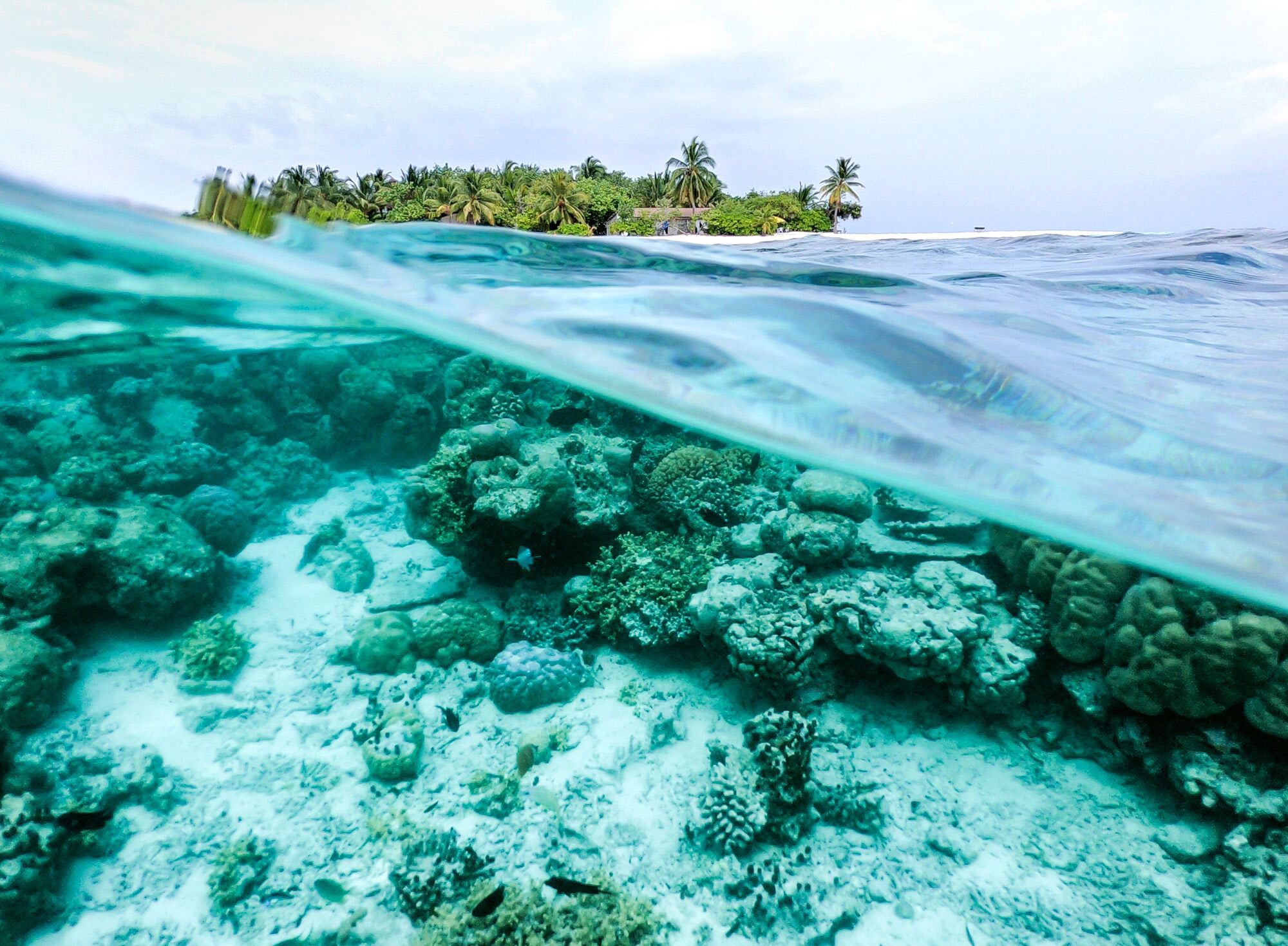Defending the Gulf of Mexico: The Mexican Legal Battle to Protect the Gulf’s Largest Coral Ecosystem
Making the Port of Veracruz larger would damage a major reef system.
When you think about the Gulf of Mexico, colorful coral reefs bustling with life might not be the first thing springing to mind. But the Gulf is home to some of the most important coral reef systems in the world.
The Gulf’s coral reefs — including the Florida Middle Grounds, the Flower Garden Banks National Marine Sanctuary off the Texas coast, and the Veracruz Reef System in Mexico — are nurseries and feeding grounds for species vital to commercial and recreational fishing industries in the Gulf, which provide jobs and generate billions of dollars. Around the world, reefs serve as natural barriers, protecting against erosion and minimizing onshore flooding from high tides and storms. Although they cover less than 1% of the Earth’s ocean floor, coral reefs support about a quarter of all marine species. That’s one reason scientists call them “the rainforests of the sea.”
Unfortunately, rampant industrialization in the Gulf threatens coral reefs. Offshore fossil fuel development spills oil and uses acoustic blasts that harm and kill marine life. Seabed dredging to expand ports for giant vessels, as well as poorly planned, industrial-scale coastal development, smothers corals and other marine life.
In Mexico, Earthjustice is joining two partners — TerraVida (Territorios Diversos para la Vida, A.C.) and AIDA (The Interamerican Association for Environmental Defense) — in their efforts to ensure that the impacts on the Veracruz reef system from an expansion project at Port of Veracruz are fully considered and environmental protections are put in place. This project continues the rampant industrialization of our Gulf waters and threatens the Gulf’s largest coral ecosystem, the Veracruz Reef System. This reef system draws fishers, divers, and tourists, and it is globally recognized as a UNESCO biosphere reserve and a Ramsar Wetland of International Importance. Making the Port of Veracruz larger will be damaging — bringing water pollution from shipping vessels, sedimentation, the threat of ship strikes on the fragile reef, and light pollution that disturbs marine life.
In February 2022, Veracruz residents won a landmark legal victory to protect the reef system from this expansion project. The Supreme Court of Mexico ruled that the project’s approval and environmental analysis violated Mexico’s constitutional right to a healthy environment. The court ordered the Ministry of Environment and Natural Resources (Semarnat) to adopt measures to protect the Veracruz Reef System before approving the port expansion.
Three years later, the port expansion continues even though Semarnat still hasn’t put legally required measures in place to protect the reef.
That’s why TerraVida, with Earthjustice’s and AIDA’s support, is continuing the fight to protect the Veracruz Reef System. Our position is that Semarnat’s failure to fully consider the project’s environmental impacts is a blatant defiance of the Supreme Court’s order. Continuing the project without correcting the deficiencies the Supreme Court identified and without implementing protective measures for the reef promotes unchecked industrialization in the Gulf and contradicts the Mexican constitutional right to a healthy environment.
Along the U.S. and Mexican coasts, people depend on the Gulf’s coral reefs. In the U.S., communities have fought to ban offshore drilling and to stop new oil and gas leasing. In Mexico, with the support of communities, the Mexican government established protected areas off the coast of Veracruz and the largest marine protected area in the Gulf of Mexico off the Campeche and Yucatan coasts. It is clear that when communities work together to safeguard healthy coral reefs, we’re protecting a legacy of food security, economic vitality, and environmental resilience.
Earthjustice Media Relations Team
media@earthjustice.org
